Plastic is a popular material due to its versatility and cost-efficiency. It's used to make hundreds of thousands of various goods, including shoes, construction materials, medical equipment, and so on.
There are some factors affecting the plastic price, making it fluctuating all the time. Let's delve into the article below to understand this matter and figure out useful advice for both businesses and customers! Follow up right now!
1. Different factors affecting the price
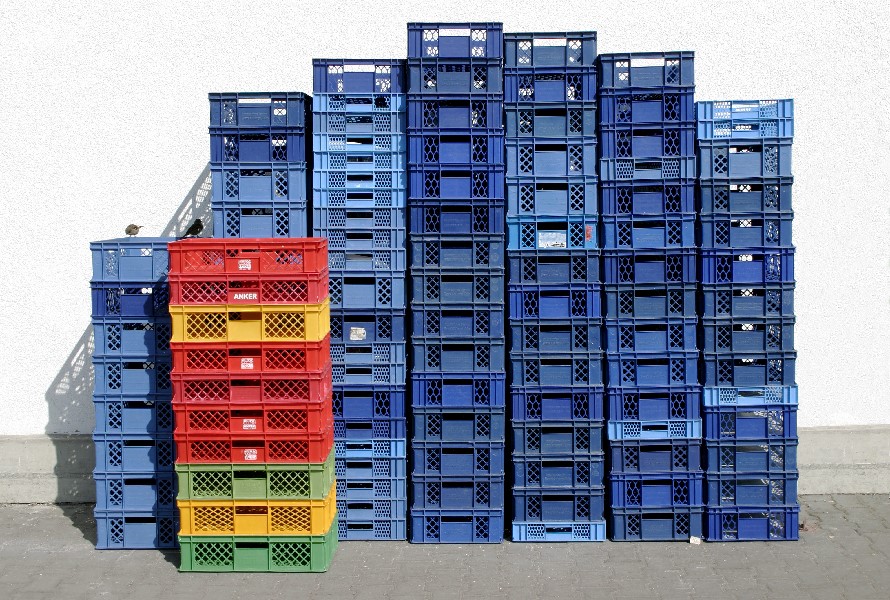
Plastic price depends on many factors
Here are some key factors influencing the plastic resin cost:
- Crude Oil Prices: Due to the growing price of crude oil, the cost of producing plastics will rise along with their selling price. Additionally, this will raise the cost of transportation, which will impact the logistics of different items and raise pricing overall.
- PVC Granule Prices: Granules composed of PVC make up the great bulk of plastic items. The price of PVC granules is a crucial component of the production process, and its fluctuations influence the final product's selling price.
- Types of plastics: The plastic price also changes depending on the types of materials. For example, ABS plastic price is not the same as that of PP or other variants. Plus, the costs of various forms of plastic vary depending on heat-resistant temperature. The cost of excellent heat-resistant polymers is higher; polyimide, for example, is 100 times more expensive per gram than polyvinyl chloride. While superior heat-resistant polymers are more expensive, poor heat-resistant plastics have advantages, including inexpensive pricing and simplicity of production.
- Manufacturing methods and process: Each plastic's production process is different, depending on the materials, equipment, and methods used. For example, injection molding is more expensive than blow molding, which is used to produce PET bottles. Therefore, the choice of manufacturing method and product nature significantly impact the final cost. Plus, other factors can change the plastic price, including renting, labor, equipment maintenance, etc.
- Product demand: The plastic price is mostly determined by the economic principle of supply and demand. Prices can rise due to limited supply and high demand, while they might fall due to oversupply. Consumer preferences, such as the desire for green alternatives or certain container designs, also influence demand and pricing. Prices in some industries can also be impacted by variations in demand that occur seasonally, such as around the holidays or during the busiest shopping times.
- Environmental regulations: Environmental restrictions, especially those regarding recycling and waste management, may greatly increase the cost of producing plastic. It might lead to the need for investments in new technology or processes, which could ultimately raise the cost of manufacturing.
2. Advice for businesses
As the cost of resin often fluctuates, businesses should stay proactive and keep track of any price change.
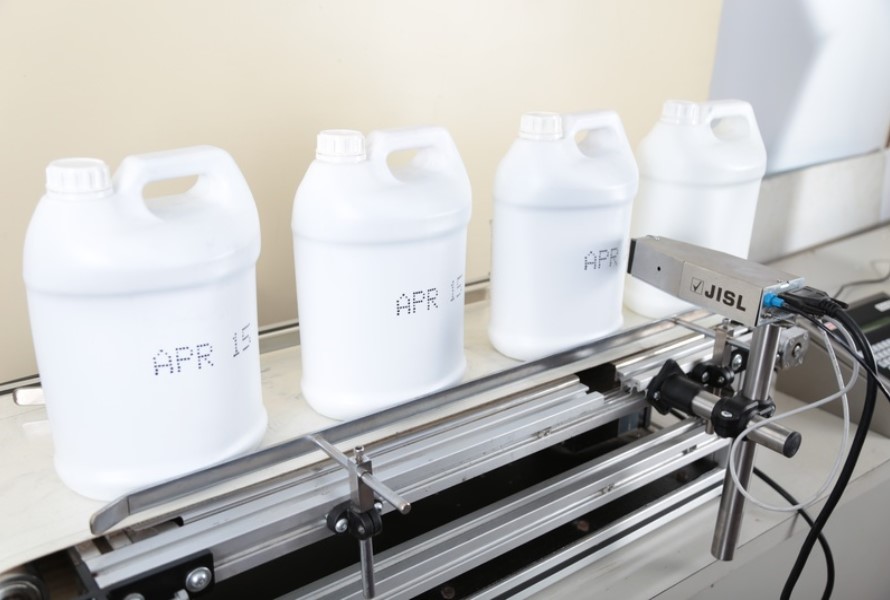
Alternatives materials and designs help businesses deal with plastic price changes
Here are some useful tips to follow:
- Find alternative suppliers: Since the plastic price is not stable, it's always better for businesses to explore and negotiate contact with multiple suppliers. Therefore, the production will not be suspended.
- Keep up with the market: Businesses should monitor the prices of raw materials such as crude oil or natural gas since they greatly influence production costs.
- Invest in material and design innovations: A wide range of materials and design choices can help you create your desired products with the same quality and functionality. So, there's no need to stick with one option, especially when the plastic price rises.
- Pay attention to environmental regulations and eco-friendly materials: Apply recycled materials if possible to promote sustainable development.
3. Advice for consumers
Not only businesses but also consumers should be aware of plastic price changes.
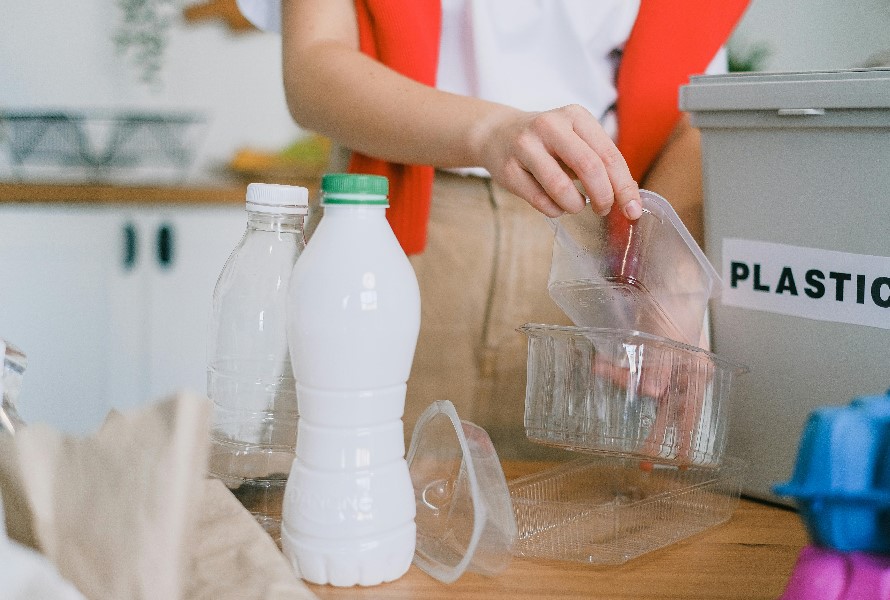
Consumers are advised to go for recycled plastic products
Below are some advice to benefit your purchase:
- Stay updated with the market trend through different channels: Various channels, such as news updates, economic indicators, and industry reports, offer insights into the fluctuation of plastic price.
- Buy according to your budget: Sometimes, the price of some plastic products can be too high to afford. However, as businesses also want to sell their items, there are always alternatives to fit your budget.
- Go for recycled products instead of new plastic ones: Choose recycled items to reduce negative environmental impacts. Consumers should support brands that utilize sustainable and eco-friendly materials for long-term benefits.
4. Plastic compound choices from EuroPlas
As one of the leaders in the masterbatch world, EuroPlas provides a wide range of plastic compound options so clients can choose the most suitable one even when the plastic price changes. Our products are optimal solutions with flexibility, high quality, and all functions in just one material for various businesses.
4.1. Engineering plastic compound
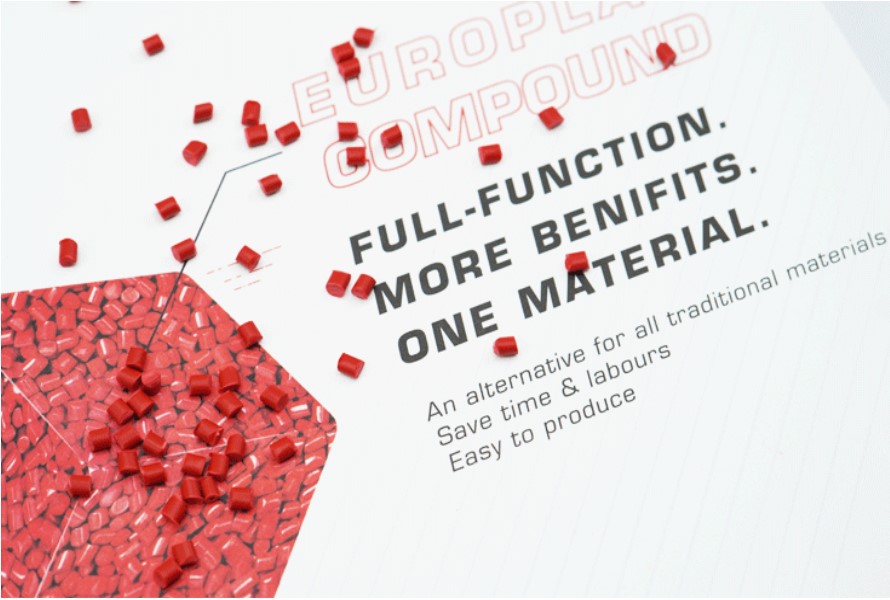 As for engineering plastic compounds, we have the following options:
As for engineering plastic compounds, we have the following options:
- PBT GF-FR Compound: It's an engineering plastic with glass fiber reinforcements, color, and flame retardant additives. It meets UL94 standards and provides a reliable supplier.
- PP Engineering Plastic Compounds: It is a blend of resin and reinforcing agents that is chosen by manufacturers based on final product characteristics. Our products include PP glass fiber compound, PP glass bead compound, PP talc compound, PP BaSO4 compound, PP conductive compound, and PP flame retardant compound.
- HIPS: The HIPS resin, blended with flame retardant and carbon black conductive additives, enhances performance in products like mobile chargers, power sockets, electronic components, earphones, consumer goods, packaging, and toys. We have HIPS flame retardant compound and HIPS Conductive compound.
- PA (Nylon) engineering plastic compound: EuroPlas has enhanced the performance of Polyamide-6 and Polyamide-66 resins, offering superior properties such as cost-effectiveness, ease of processing, and improved temperature and abrasion resistance. We offer PA6, PA66 blend compound, and PA66, PA6 Glass fiber compound.
- Polycarbonate engineering plastic compound: It is the mixture of the polycarbonate base, reinforcing agents, and additives to create material with specific properties used in electronics, automobile manufacturing, interior design, and renewable energy. Our most popular products are PC glass fiber compound and PC flame retardant compound.
- ABS plastic compound: EuroPlas produces ABS plastic compound with enhanced features that can be applied in various applications. We have ABS Antistatic compound, ABS Glass Fiber Compound, and ABS flame retardant compound.
4.2. Bioplastic compound
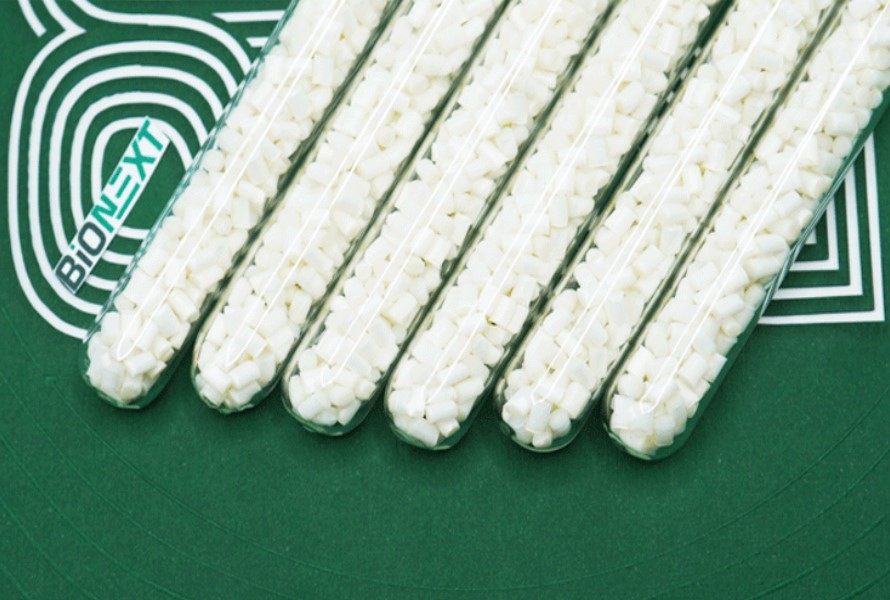 Bioplastic compounds are renewable, compostable, and biodegradable alternatives to traditional plastics. They are produced from biomass sources like plants and vegetables or fossil fuels, reducing dependence on fossil fuels. EuroPlas has introduced a bioplastic compound, a green material solution with outstanding mechanical properties that can be biodegradable within 12 months. This material offers a full function in one material, tailored to meet specific end-product requirements. Our products include:
Bioplastic compounds are renewable, compostable, and biodegradable alternatives to traditional plastics. They are produced from biomass sources like plants and vegetables or fossil fuels, reducing dependence on fossil fuels. EuroPlas has introduced a bioplastic compound, a green material solution with outstanding mechanical properties that can be biodegradable within 12 months. This material offers a full function in one material, tailored to meet specific end-product requirements. Our products include:
- BiONext 102 and BiONext 152 are the two bio-compounds made of bioplastic and CaCO3. They have high stiffness, high impact strength, and low melt flow index, making them easy to process.
- BiONext 400 - a bio-compound produced based on bioplastic and modified starch powder. It can keep moisture on the surface, resulting in longer food preservation.
- BiONext 500 - a bio-compound based on bioplastic and reinforced CaCO3 powder. It has high stiffness, good elongation, great dispersion, and is easy to process.
- BiONext 600 - a bio-compound based on bioplastic, talc, and other specific additives. It's anti-UV, oxidation, and moisture.
- BiONext 700 - a bio-compound based on bioplastic and specific plasticizers. It can prevent oxidation, thus resulting in longer food preservation.